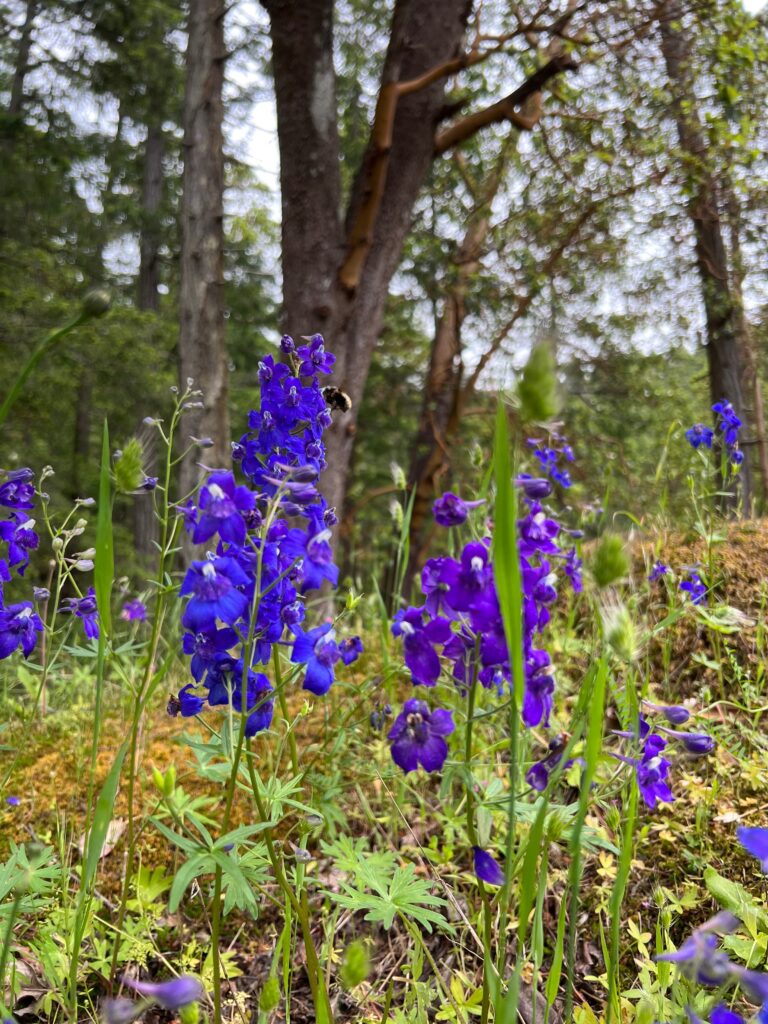Written by: Jenna Lancaster
On March 26th, Erica Pepevnak (Quality Assurance Lead) and Jenna Lancaster (Urban Community Engagement Lead) were invited to give a presentation to an Indigenous Studies class at Camosun College. The class that Erica and Jenna were invited to was an Indigenous Studies course centered around Comparative Indigenous Rights. The class’s focus is on Indigenous movements and rights-related politics across Canada, the USA, Aotearoa/New Zealand, and Australia. As the class was spending the week discussing Child Welfare, SIIA was invited to come speak on the work that we are actively doing in community.
Our Presentation focused on who SIIA is, how we formed, and most importantly, how we conduct our work in the community. We emphasized the importance of bringing jurisdiction back to our communities, families and nations. We discussed the importance of remembering that our communities have never given up their inherent rights to look after their own children, families and communities. The child welfare system that our communities are battling against is proof that “colonialism [has] embedded western ontology as the baseline upon which First Nations child-rearing and children’s rights [are] defined and judged” (Bamblett,Black, Blackstock, et al.,2020).
The South Island Nations are on a journey to take their power back and to bring their children and youth home. Our stories, protocols, teachings, values and languages are all intertwined with who we are as nations and how we look after our own people and urban guests.
Moreover, to connect with the class Erica facilitated a rock exercise; where she handed out rocks that came from W̱SÁNEĆ territory. She then asked the class to think of the law of the land and teachings they have learned and carry from this land and territory. Erica then asked them to reflect on how this work reminds them of their own community and that their community can be doing this work too, for their own people.
Going into community and teaching people about the work that SIIA does is always an inspiring and uplifting experience to take part in. We hope our work also reminds other Indigenous nations that they too can take their power back and exert their inherent jurisdiction to take care of their children and youth so that one day all children and youth are surrounded with their cultural teachings, protocols, values, and ways of being.
References:
Blackstock, C., Bamblett, M., & Black, C. (2020). Indigenous ontology, international law and the application of the convention to the over-representation of indigenous children in out of Home Care in Canada and Australia. Child Abuse & Neglect, 110, 104587. https://doi.org/10.1016/j.chiabu.2020.104587
